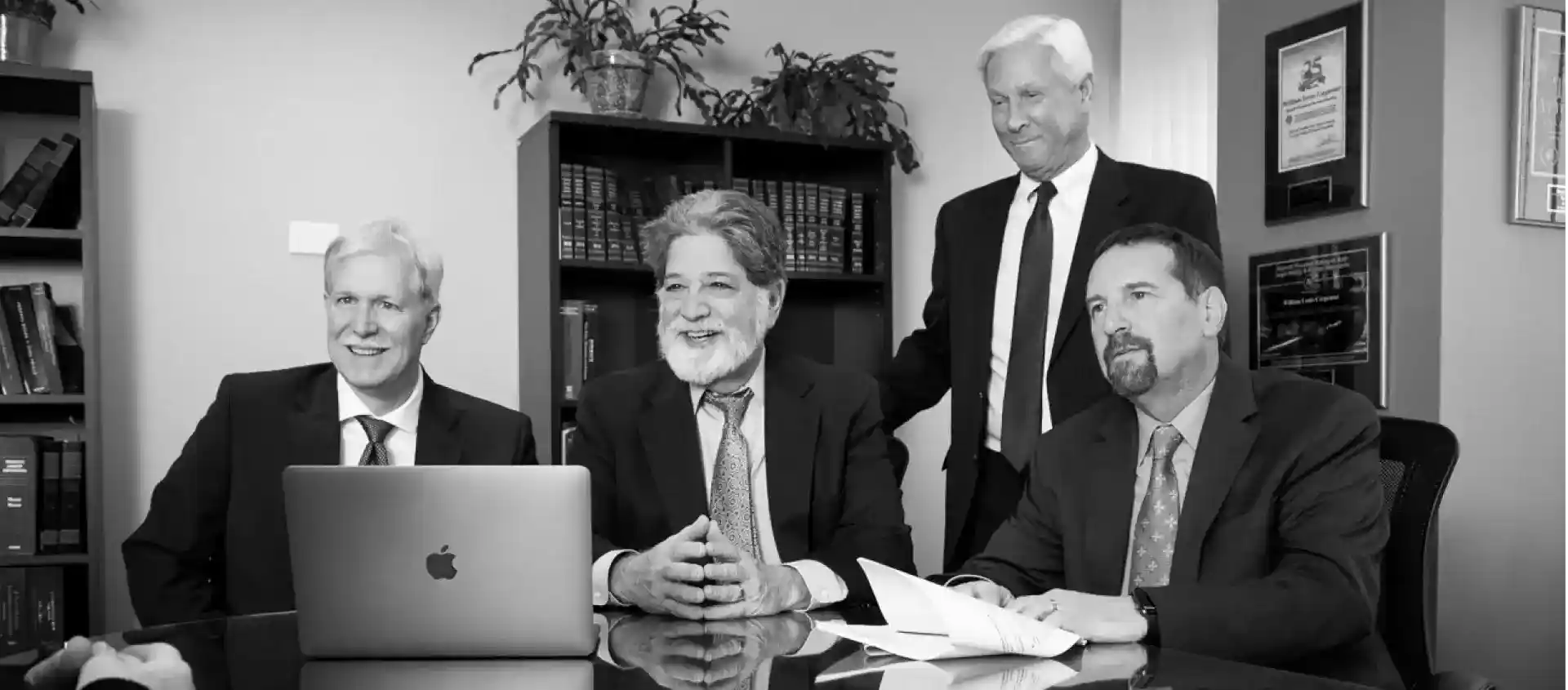
Expunging your record is a second chance, an opportunity to not just seal a criminal record, but destroy it forever. While having your record expunged is certainly attractive, most people don’t know where to start.
What are the rules of Colorado’s expungement law? Allow us to explain.
Is it Expungement or Record Sealing?
Having a record expunged is very different from having it sealed. A sealed record is inaccessible to the public but is not destroyed. That means it’s still available to justice and law enforcement officials.
On the other hand, expungement means the record is completely destroyed, as though it never happened.
What Convictions Are Eligible for Expungement?
Expungement does not come easy in Colorado. State policy refers to just two criteria that could result in a complete expungement.
The two criteria for Colorado expungement are:
- Juvenile Conviction: Those with a juvenile record can petition for expungement so long as the charges were not sexual, aggravated, or violent in nature. Petitioners may also be ineligible if they did not make court-ordered fine payments.
- Mistaken Identity: If law enforcement arrests someone by mistake, but do not file formal charges, the victim will have the record expunged. In that instance, the law enforcement agency must petition to have the record expunged within 90 days.
What About Other Cases?
In Colorado, the vast majority of records are not expunged; they are sealed. Even if the charges against you were dismissed, you still have a criminal record. While there’s no way to destroy these charges, as you would with expungement, you can hide them from the public through record sealing.
If you’d like to expunge or seal a criminal record, we can help. If you’d like an experienced Denver criminal defense lawyer from Gerash Steiner & Blanton, P.C., to evaluate your case, please send us an email or call us now!

